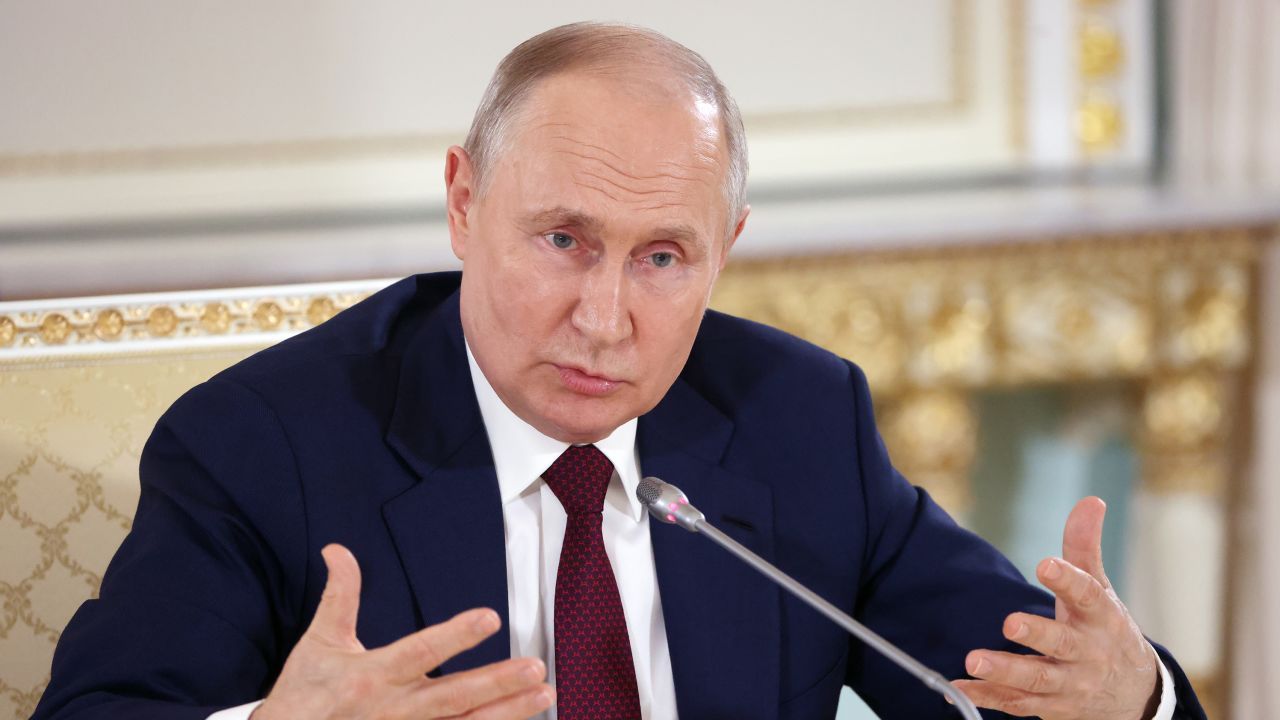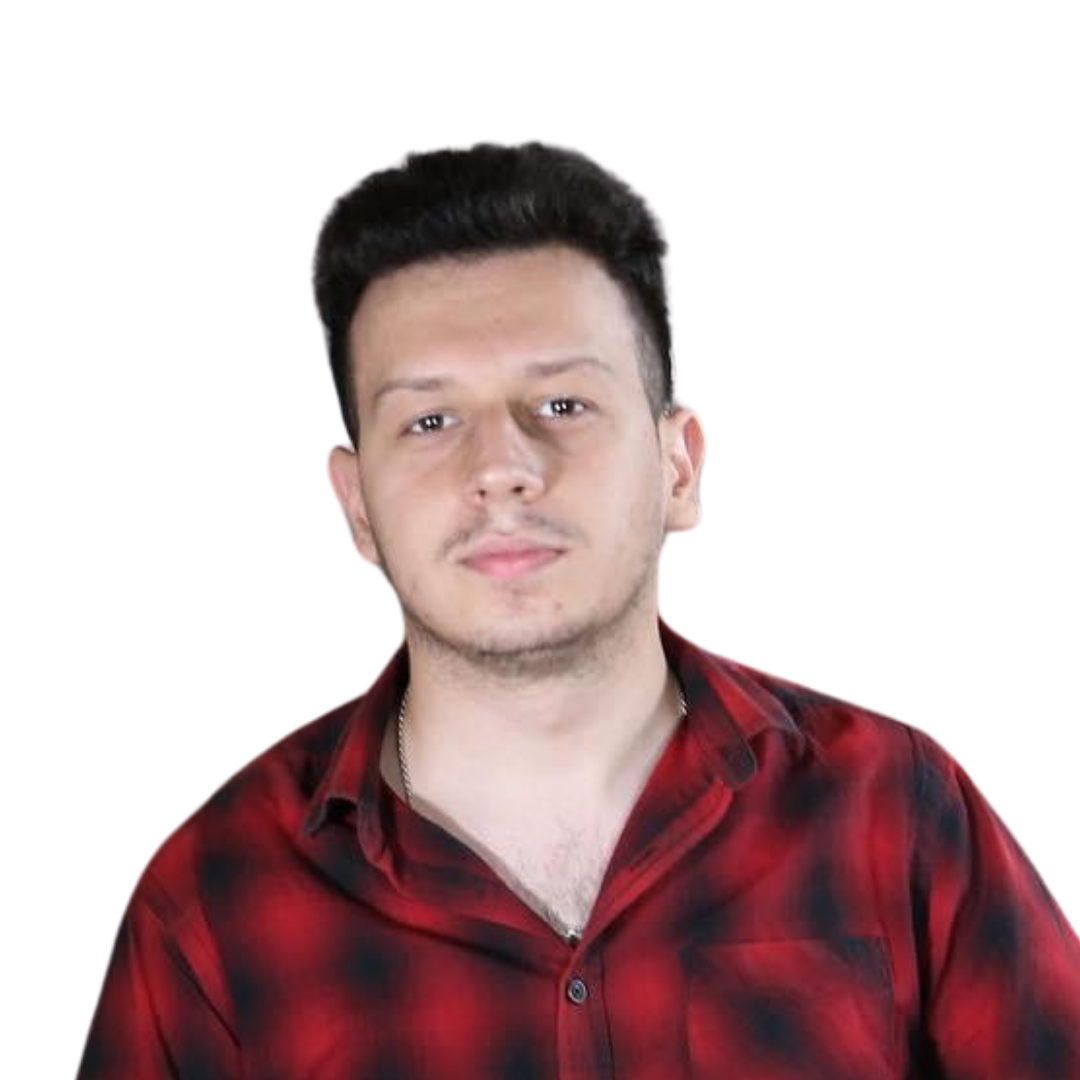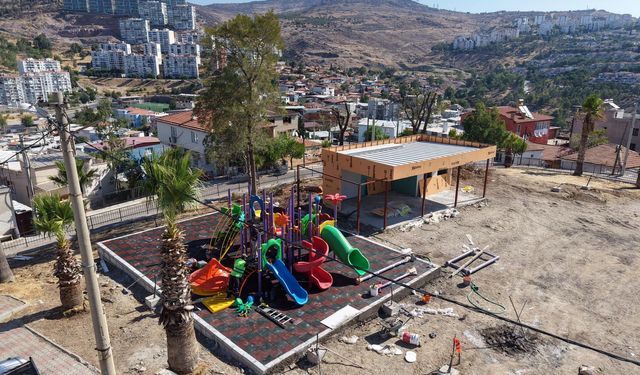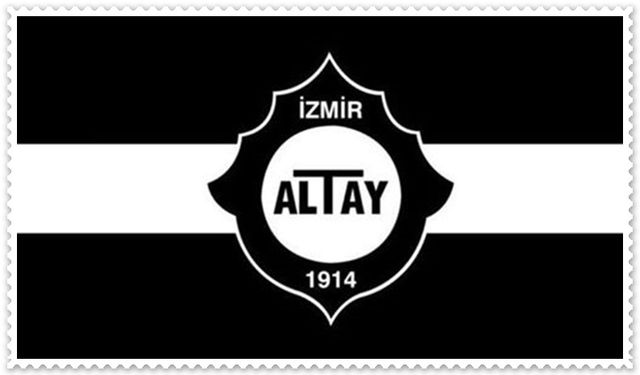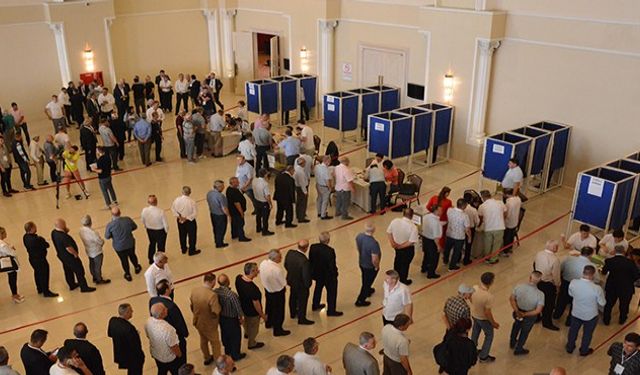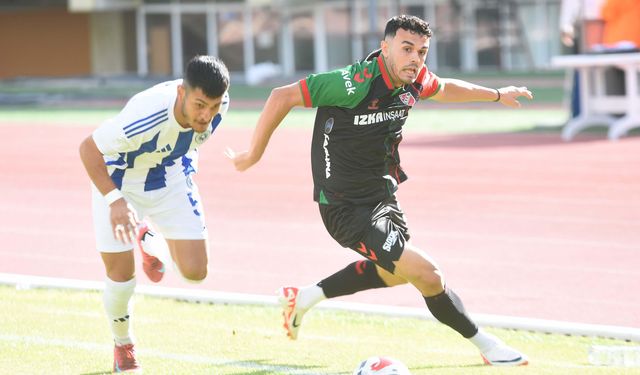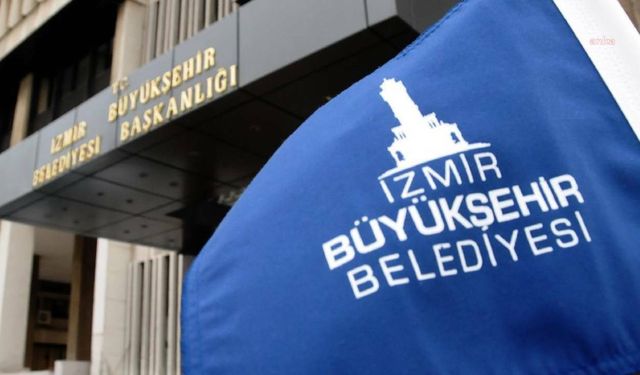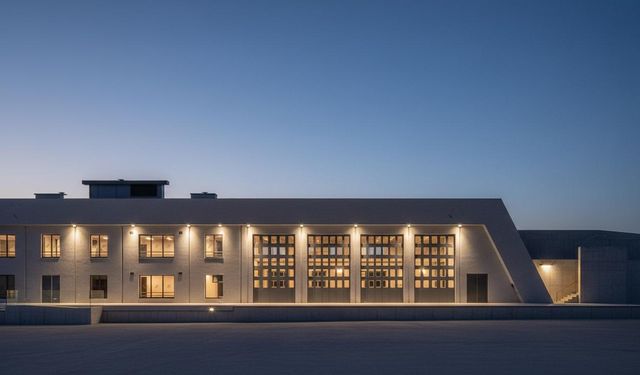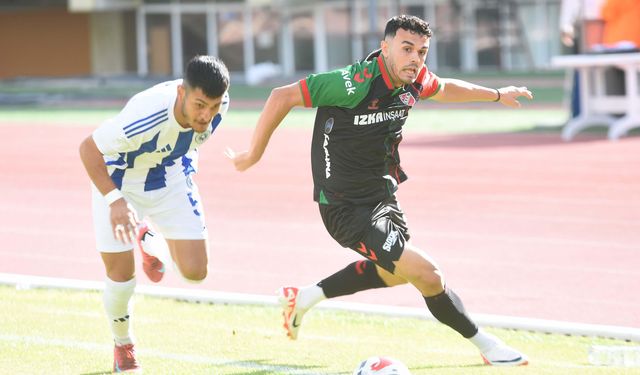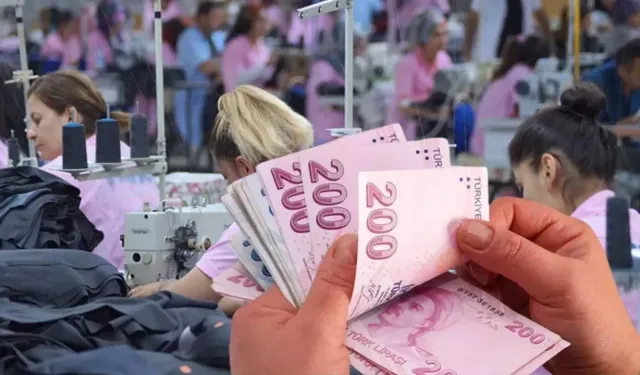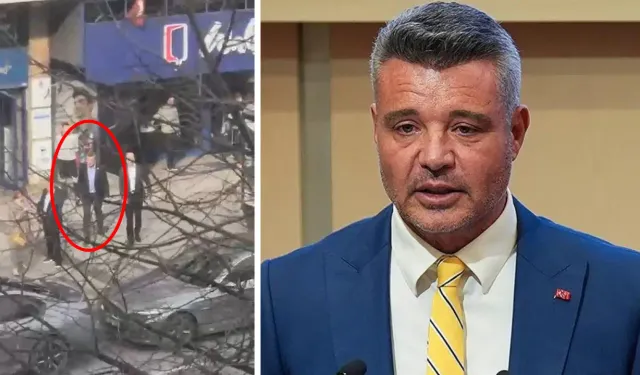Vladimir Putin, a name that resonates in the corridors of power across the world, has been a central figure in Russia's politics for over two decades. His story is one of ambition, cunning, and a determination to assert Russia's dominance on the global stage. In this article, we will embark on a journey to unravel the layers of Vladimir Putin's life, his rise to power, his influence on Russia, and his impact on international relations.
Early Life of Vladimir Putin
Vladimir Putin's story begins in Leningrad, now known as Saint Petersburg. Born on October 7, 1952, Putin grew up in a modest apartment in a post-war era Soviet Union. His early years were marked by hardship, and this environment played a crucial role in shaping the man he would become.
Vladimir Putin's Education
Putin's pursuit of knowledge was relentless. He graduated from Leningrad State University in 1975 with a degree in law. This academic foundation would prove invaluable as he navigated the intricate world of Russian politics.
The KGB Years
One of the most intriguing chapters in Putin's life is his tenure in the KGB, the Soviet Union's notorious intelligence agency. His work as a foreign intelligence officer took him to East Germany, where he gained invaluable experience in espionage and statecraft.
Vladimir Putin's Political Ascension
Mayor of Saint Petersburg
In 1991, Putin entered the political arena by becoming the mayor of Saint Petersburg. His tenure was marked by efforts to attract foreign investments and revitalize the city's economy.
Rise to the Presidency
In 1999, Putin was appointed as the Prime Minister of Russia by President Boris Yeltsin. Just a year later, he assumed the presidency, a position he would hold for two consecutive terms, followed by a stint as Prime Minister before returning to the presidency.
Vladimir Putin's Leadership Style
Vladimir Putin is known for his strong and assertive leadership style. He has been praised for restoring Russia's stability after a period of turmoil but has also faced criticism for his authoritarian tendencies.
Putin's Impact on Russian Politics
Domestic Policies
Under Putin's leadership, Russia has undergone significant changes. His government has implemented economic reforms, increased state control over media, and centralized political power.
Foreign Policies
Putin's foreign policies have had a profound impact on global geopolitics. From the annexation of Crimea to Russia's intervention in Syria, his decisions have reshaped the international landscape.
Vladimir Putin's Global Influence
Putin's influence extends far beyond Russia's borders. He has played a pivotal role in international conflicts and negotiations, often positioning Russia as a key player in global affairs.
FAQs
What is Vladimir Putin's background?
Vladimir Putin was born on October 7, 1952, in Leningrad, now known as Saint Petersburg, Russia. He grew up in a modest apartment in post-war Soviet Union.
How did Putin rise to power?
Putin's rise to power began with his appointment as Prime Minister of Russia in 1999 by President Boris Yeltsin. He later assumed the presidency and has held various leadership roles since.
What are some of Putin's notable foreign policy decisions?
Putin's foreign policy decisions include the annexation of Crimea, Russia's intervention in Syria, and his role in international negotiations such as those related to Iran's nuclear program.
How has Putin impacted Russian politics?
Putin's impact on Russian politics is significant, with policies ranging from economic reforms to increased state control over media and centralized political power.
What is Putin's leadership style?
Vladimir Putin is known for his strong and assertive leadership style. He has been both praised for restoring stability in Russia and criticized for his authoritarian tendencies.
What is Putin's global influence?
Putin's global influence extends to international conflicts and negotiations, positioning Russia as a key player in global affairs.
